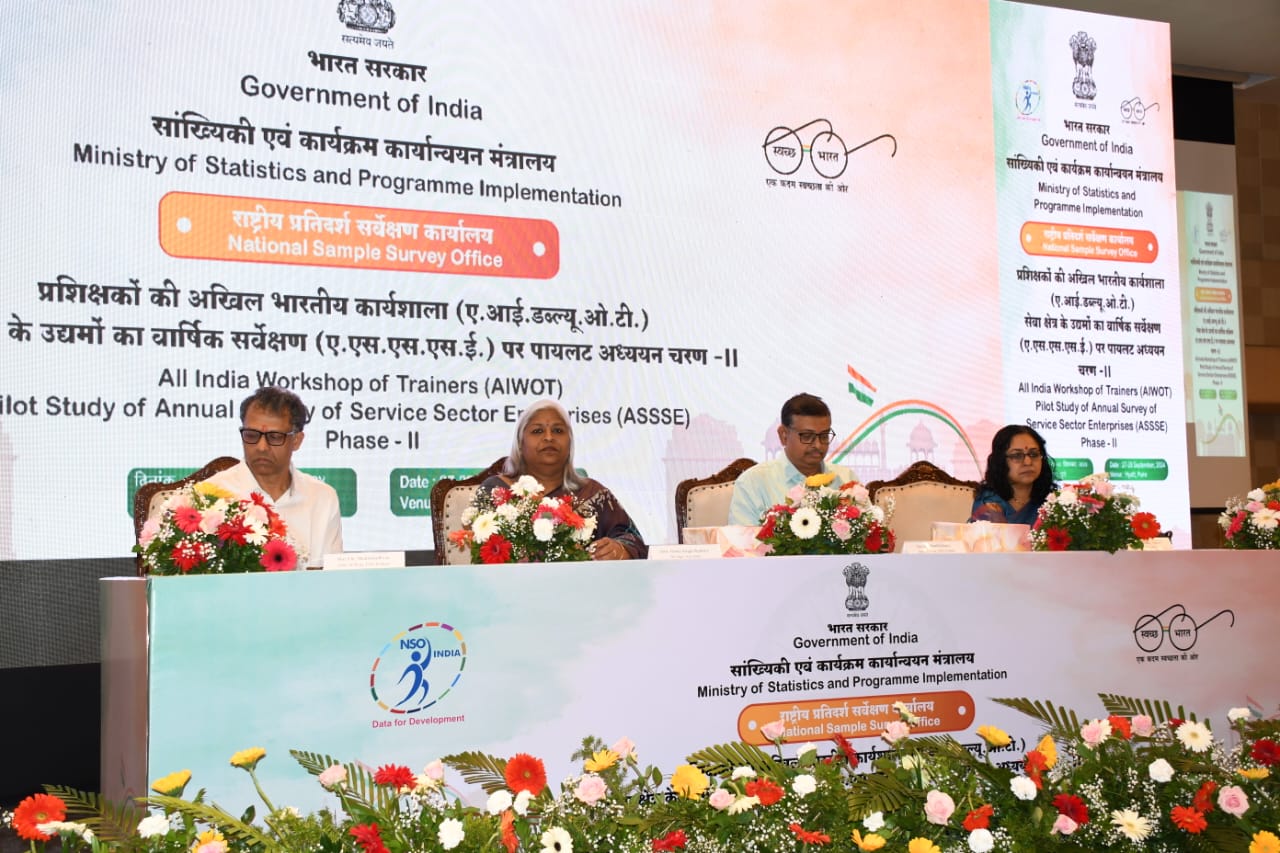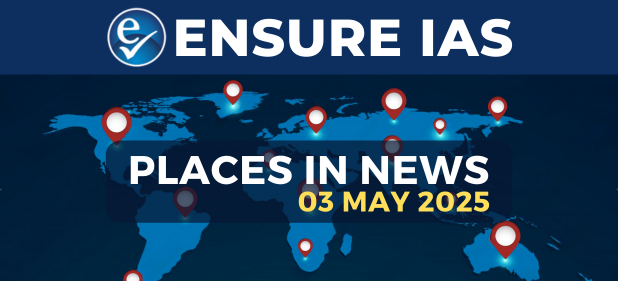- Courses
- GS Full Course 1 Year
- GS Full Course 2 Year
- GS Full Course 3 Year
- GS Full Course Till Selection
- CSAT
- 5 LAYERED ARJUNA Mentorship
- Public Administration Optional
- Online Program
- GS Recorded Course
- NCERT (Recorded 500+ Hours)
- Polity Recorded Course
- Geography Recorded Course
- Economy Recorded Course
- AMAC Recorded Course
- Modern India, Post Independence & World History
- Environment Recoded Course
- Governance Recoded Course
- Science & Tech. Recoded Course
- International Relations and Internal Security Recorded Course
- Disaster Management Module Course
- Ethics Recoded Course
- Essay Recoded Course
- Current Affairs Recoded Course
- ABOUT US
- OUR TOPPERS
- TEST SERIES
- FREE STUDY MATERIAL
- VIDEOS
- CONTACT US
GLOBAL GROWTH OF UPI AND RUPAY: SRI LANKA AND MAURITIUS
GLOBAL GROWTH OF UPI AND RUPAY: SRI LANKA AND MAURITIUS
16-02-2024
On February 12, 2024, India's Prime Minister, together with the President of Sri Lanka and the Prime Minister of Mauritius collectively launched
- The Unified Payment Interface (UPI) services in Sri Lanka and Mauritius, and
- The RuPay card services in Mauritius.
About RuPay and UPI
-
RuPay
-
- Origin: Developed by the National Payments Corporation of India (NPCI), RuPay is a homegrown card payment network.
- Usage: Functions across ATMs, Point of Sale (POS) terminals, and e-commerce platforms in India.
- Legal Framework: Established under the Payment and Settlement Systems Act, 2007, by the Reserve Bank of India (RBI) and the Indian Bank's Association (IBA).
- Card Variants: Offers diverse card types including Government scheme cards, Classic, Platinum, and Select for various customer segments.
- International Expansion: After being introduced in Nepal, Bhutan, Singapore, and the UAE, RuPay was launched in Mauritius, marking its first issuance in Africa.
- Local Issuance in Mauritius: Banks in Mauritius can issue local RuPay cards via the Mauritius Central Automated Switch (MauCAS) network.
- MauCAS Network: A modern digital payment hub operated by the Bank of Mauritius for efficient payment routing.
-
UPI
-
- Development: Created by the NPCI in 2016 as an instant, real-time payment system.
- Infrastructure: Built on the Immediate Payment Service (IMPS) allowing immediate money transfer between bank accounts.
- Functionality: Integrates various banking features, fund routing, and merchant payments in a single app.
- Usage Stats: In 2023, over 100 billion UPI transactions were recorded, totaling around Rs 2 lakh crores.
- Global Acceptance: UPI payments are accepted in countries including France, UAE, Mauritius, Sri Lanka, Singapore, Bhutan, and Nepal.
Benefits of RuPay and UPI for Users in Mauritius and Sri Lanka:
-
Simplified Transactions:
-
- Enables easy transactions locally and globally.
- Allows seamless payments for travelers across India, Mauritius, and Sri Lanka, avoiding the hassles of currency exchange.
-
Wider Financial Reach:
-
- RuPay cards usable at ATMs and POS terminals enhance digital payment reach in Mauritius.
- In Sri Lanka, UPI enables QR code-based payments, offering an easy alternative to cash.
-
Boosting Financial Inclusion:
-
- Access to RuPay and UPI supports participation in the digital economy across various socio-economic groups.
- UPI's cost-effectiveness lowers transaction costs, making financial services more accessible.
-
Economic Integration:
-
- Facilitates trade and tourism, strengthening economic links between India, Mauritius, and Sri Lanka.
- Encourages cashless payments, supporting local businesses and promoting financial transparency.
-
Technological Progress:
-
- Marks a step towards digital innovation, aligning Mauritius and Sri Lanka with modern financial technologies.
- Advanced payment systems provide users with efficient and secure financial management tools.
UPI’s path of Global Growth
Year |
Country |
|
July 2021 |
Bhutan: Royal Monetary Authority of Bhutan |
|
August 2021 |
Malaysia: Merchantrade Asia |
|
September 2021 |
|
|
November 2021 |
UAE: Network International |
|
February 2022 |
Nepal: Gateway Payments Service, Manam Infotech |
|
April 2022 |
UAE: Lulu Financials, Neopay (Mashreq Bank) |
|
June 2022 |
France: Lyra Network |
|
August - September 2022 |
United Kingdom: Terra Pay, PayXpert |
|
October 2022 |
Netherlands, Belgium, Luxembourg, Switzerland: Worldline Oman: Central Bank of Oman UAE: Central Bank of UAE |
|
April 2023 |
London, UK: PPRO |
|
July 2023 |
Sri Lanka: Lanka Pay |
About NPCI
-
Nature of Organization:
-
- Serves as the central entity managing retail payments and settlement systems within India.
-
Founding Entities:
-
- Established through a collaborative initiative by the Reserve Bank of India (RBI) and the Indian Banks' Association (IBA).
-
Legislative Basis:
-
- Created under the Payment and Settlement Systems Act, 2007, aimed at developing a strong Payment & Settlement Infrastructure in the country.
-
Organizational Structure:
-
- Operates as a "Not for Profit" entity, structured in accordance with Section 8 of the Companies Act, 2013 (previously under Section 25 of the Companies Act, 1956).



